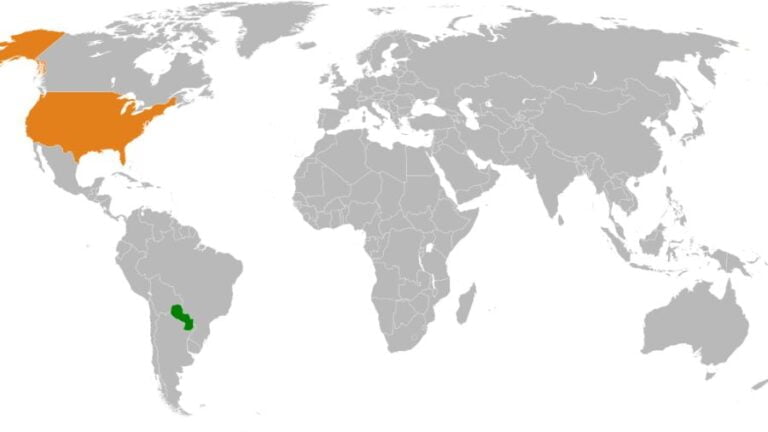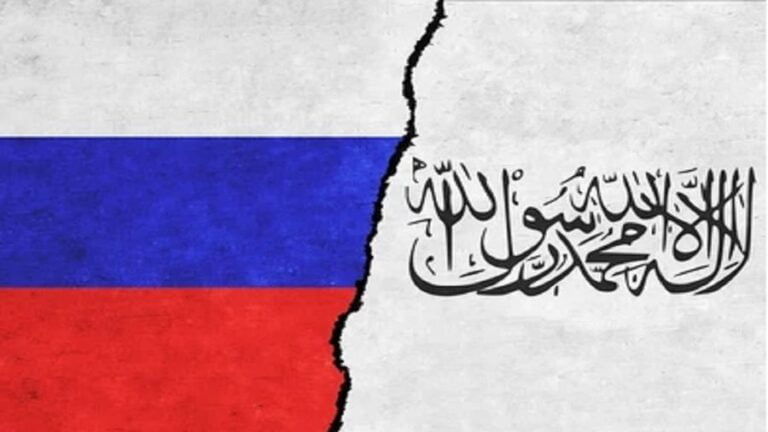Analyzing Russia’s Strategic Interests in Sudan
All things considered, it can be concluded that Russian-Sudanese relations are mutually beneficial and have immense promise for the future. Their excellent state despite the change of several governments in the past few years represents one of the Kremlin’s greatest foreign policy successes in Africa.
The New York Times (NYT) published an intriguing piece last week about Russia’s strategic interests in Sudan titled “’From Russia With Love’: A Putin Ally Mines Gold and Plays Favorites in Sudan”. As with everything produced by the US-led Western Mainstream Media (MSM) about Russia nowadays, it’s chock-full of falsehoods, though this article nevertheless has something worthwhile reading within it. Although it wasn’t the outlet’s intent, they more or less accurately described Russia’s strategic interests in Sudan, which are worth elaborating on in general even though the details shared within their article should be taken with a hefty dose of salt.
Leaving aside the NYT’s unsubstantiated speculation about the legendary Wagner Group, which is sewn within practically every paragraph of their piece, astute readers can actually learn a lot about Sudan’s place in Russian grand strategy. For instance, few might have been aware that this country is Africa’s third largest gold producer, and they also might not have put two and two together to realize that its borders with the Central African Republic (CAR) and Libya could facilitate the dispatch of Russian forces to each (both uniformed like in the first-mentioned and unofficial as has been speculated to have occurred in the second).
It’s also worth noting the pragmatism of Russian foreign policy towards Sudan with respect to Moscow retaining excellent ties with Khartoum despite several changes of government there across the past few years. While it remains unclear exactly how it’s done this, observers can nonetheless intuit that it’s the result of the Kremlin’s flexible and non-ideological approach to International Relations that represents the defining element of President Putin’s grand strategy. Moscow seemingly doesn’t mind that Khartoum actively wants to improve ties with Washington since both partners have clearly agreed not to let ties with third countries influence their bilateral relations.
Something else worth paying attention to are the few factual details in the NYT’s piece regarding official meetings between Russian and Sudanese leaders. These confirm that not only is Russia’s foreign policy flexible and non-ideological, but so too is Sudan’s for the most part. Another interesting aspect of that outlet’s article is the talk about a Russian naval base in Port Sudan, which has been in the works for quite a while even though it’s still uncertain whether or not it’ll actually happen. The Gulf of Aden-Red Sea (GARS) region is among the most important in the world for maritime trade so it naturally follows that all Great Powers want to expand their influence there, and Russia isn’t any exception.
Having said all of that, observers should also remember that Sudan is being pushed into war with neighboring Ethiopia by the US-led West over a disputed piece of territory that’s objectively Addis Ababa’s but is presently occupied by Khartoum’s forces. Nobody should speculate that Russia has any role in these dastardly plans, and if anything, the Kremlin is certainly opposed to them since it favors peaceful and political resolutions to regional problems. The very fact that these concerns have continued to worsen over the past 18 months speaks to the limits of Russian influence over Sudan, which remains restricted to specific security sectors and speculative economic ones.
All things considered, it can be concluded that Russian-Sudanese relations are mutually beneficial and have immense promise for the future. Their excellent state despite the change of several governments in the past few years represents one of the Kremlin’s greatest foreign policy successes in Africa. Their details remain opaque and have thus given rise to plenty of speculation from the MSM, but there’s nothing credible indicating that they’re a factor in regional instability. To the contrary, they reinforce regional stability and can have an even greater role in this respect in the event that Russia is able to gently influence Sudan into returning Ethiopia’s stolen territory with time.







